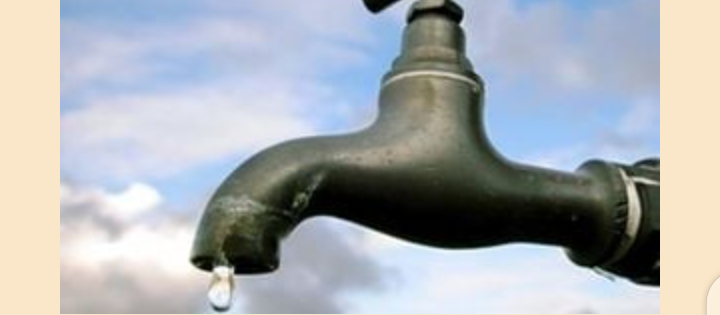
President Ruto Set To Allow Private Investors Supply Water, Electricity As Well.
Ruto allows investors to supply piped water
Private firms will be allowed to invest in water and sell to the national government in a deal similar to that of
electricity producers, as the government moves to attract new capital to bridge the Sh500 billion funding deficit to ensure universal access to clean water.
President William Ruto on Thursday said his government plans to turn to the private sector to increase access to clean
water alongside other capital-intensive projects that it cannot immediately afford.
Under the proposed arrangements, private firms will build dams and drill water in large-scale then sell the commodity to State-owned water
agencies who will supply it to homes and other public entities at lower charges.
Water purchase deals with the private sector will help the government pursue capital-intensive water projects without
relying on loans as the country moves to ease the debt burden that has squeezed funds available for development projects.
“We will adopt a public-private partnership framework by entering into water purchase agreements with investors,” Dr. Ruto said Thursday when he addressed Senators and MPs at Parliament buildings.
“I have already instructed the PPP unit at Treasury to work on the regulations that will facilitate the mechanism as we have in the energy sector for investors to work with us on a formula under a water purchase instrument.”
The deals will be crafted with a ten-year horizon and will be fashioned similarly to what Kenya Power has inked with Independent Power Producers (IPPs), who sell it electricity at wholesale tariffs.
The wholesale that IPPs sell electricity to Kenya Power has offered the utility reliable power, a scenario that will now play out in the water sector.
The private sector sell water to government-owned water agencies at wholesale prices, making clean water affordable and available.
Mr Ruto added that the ability of the private sector to mobilise the billions within a short period will help the government increase access to clean while at the same time avoiding taking big loans for the projects.
Limited access to clean water continues to pile more pressure on low-income households that are forced to use unsafe water due to the high bills from water firms.
For example in Nairobi, the World Health Organisation in its 2020 Domestic Water Quantity Service Level and Health edition recommended that every person should use at least 1,500 litres of water every month, but poor persons in Nairobi use almost half of that every month.
Increasing the share of the population with access to clean water is also key to boosting agricultural production, especially in areas that experience erratic and low rains.
